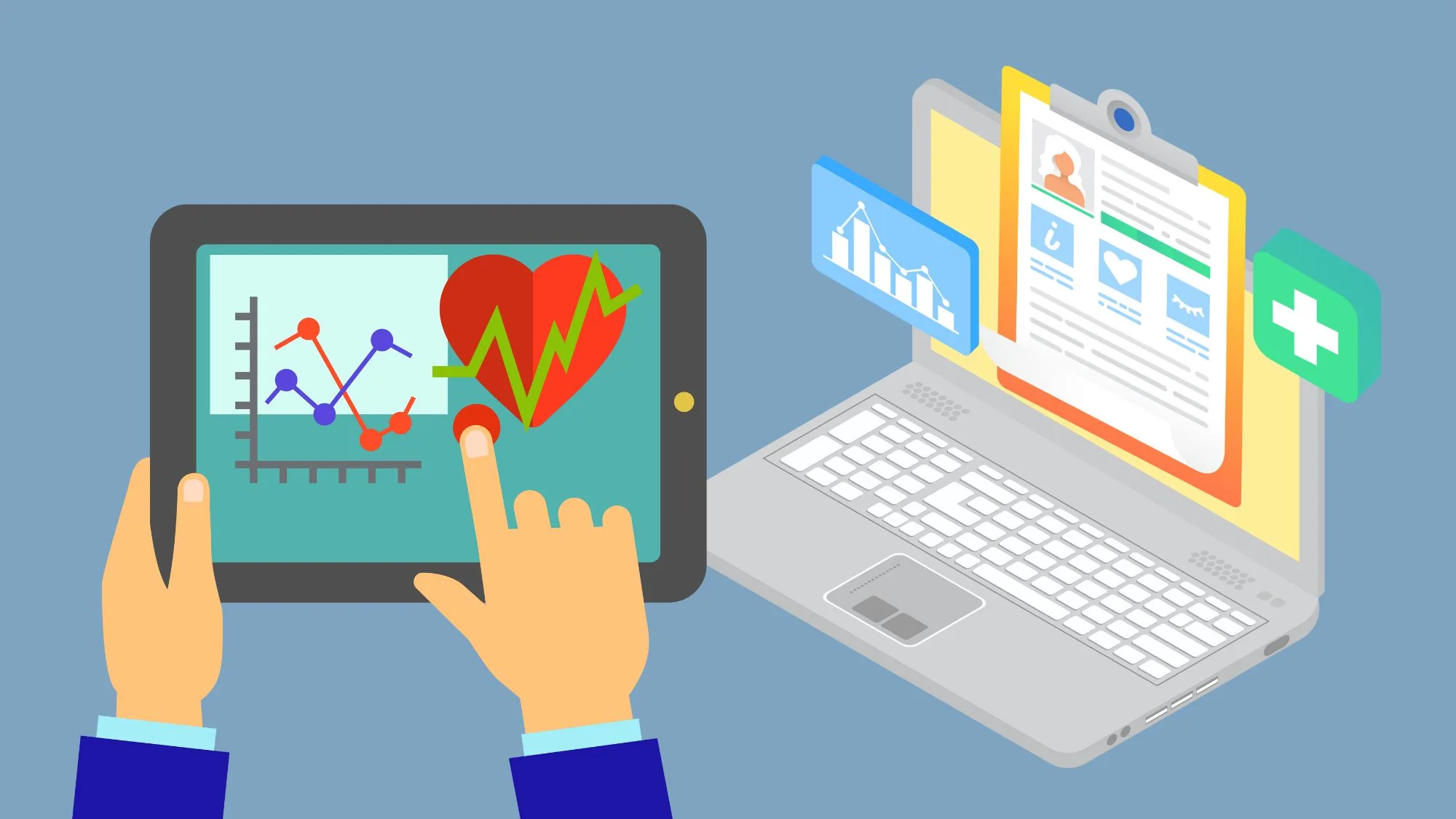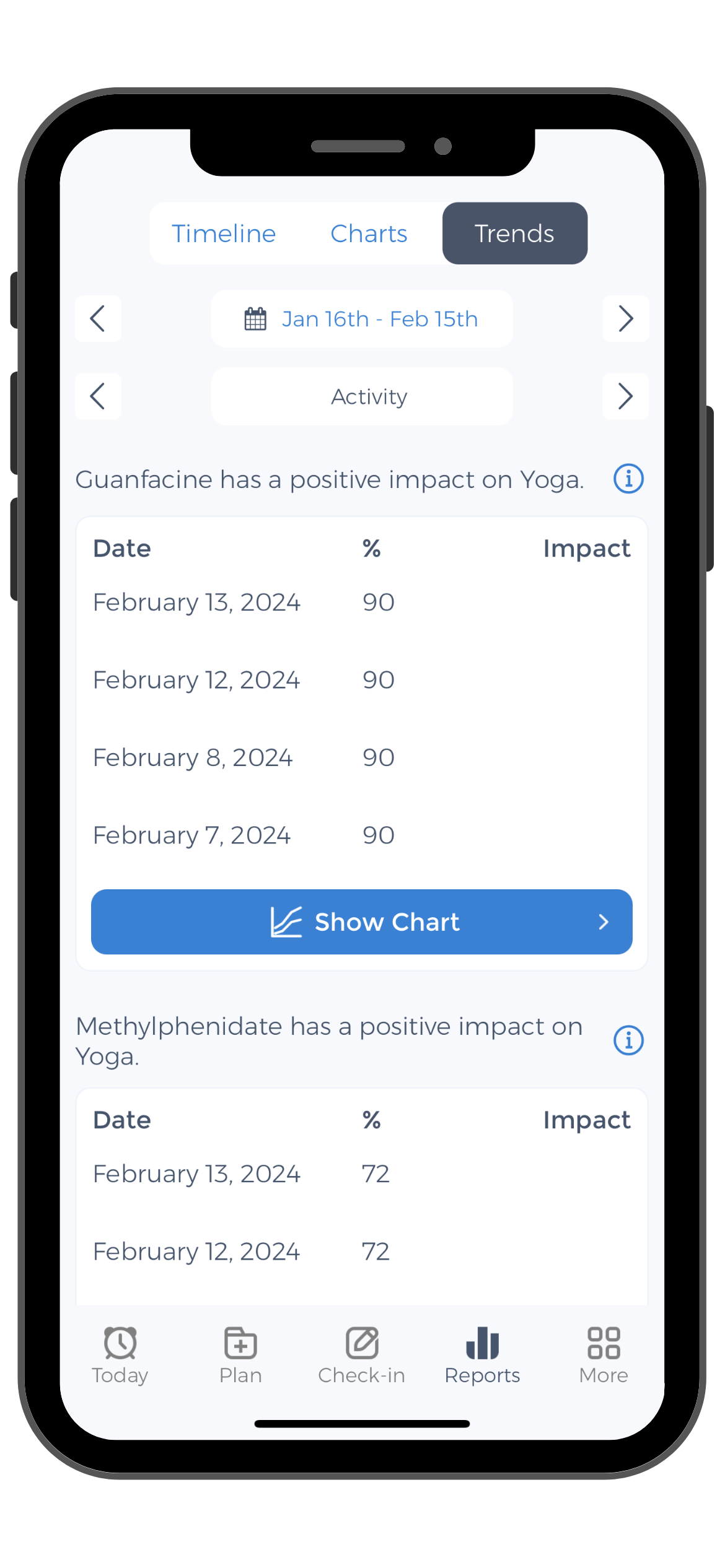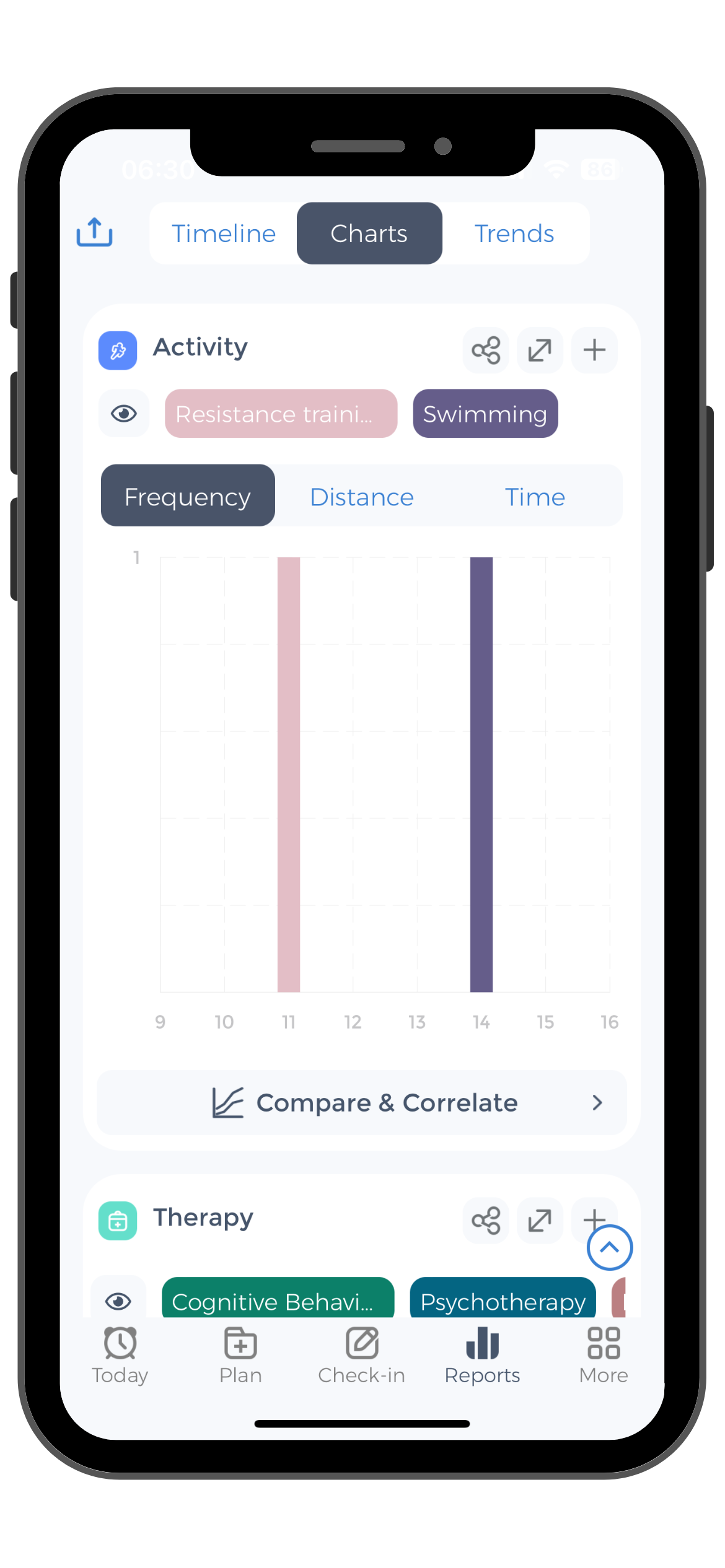
Medical records are essential documents that contain all the information about an individual’s healthcare history. They include details about a person’s medical conditions, treatments received, test results, and medications prescribed. These records serve as a crucial source of information for healthcare providers. For them to make informed decisions about a patient’s care. However, many patients wonder, “How long are medical records kept for?”
In this article, we will explore the different aspects of medical record retention. Discuss the importance of accessing these records for personalized self-care.[1][2][3]
Understanding Medical Records
Before delving into the duration of medical record retention, it is vital to understand what medical records are and why they are important. Records encompass a wide range of documents. Including physician notes, laboratory reports, imaging studies, and surgical records. These records serve as a comprehensive account of an individual’s health status and are essential for providing continuity of care.
Paper records are not just a collection of paperwork. They are a lifeline for patients and healthcare providers alike. These records are not only a documentation of past treatments and diagnoses but also a roadmap for future care. They provide valuable insights into a patient’s health journey. Helping healthcare professionals tailor treatment plans to meet individual needs.
Definition of Medical Records
Medical records are confidential documents that are created and maintained by healthcare providers to document an individual’s medical history. They contain information about a person’s diagnosis, treatment, and prognosis. Medical information is typically stored in either physical or electronic format.
Within these records, one can find a treasure trove of information that paints a detailed picture of a patient’s health. From medication allergies to past surgeries, records hold the key to understanding a patient’s unique healthcare needs. This comprehensive documentation ensures that healthcare providers can deliver personalized and effective care to each individual.
Importance of Medical Records
The significance of records cannot be overstated. They play a crucial role in providing accurate and safe healthcare services. Records ensure that healthcare providers have accurate and up-to-date information about a patient’s medical history. Which is vital for making informed decisions about their care. Additionally, records facilitate effective communication among healthcare professionals. Ensuring that everyone involved in a patient’s treatment has access to the necessary information.
Furthermore, records are not only beneficial for individual patient care but also contribute to advancements in medical research and public health initiatives. By anonymizing and aggregating data from records, researchers can identify trends, risk factors, and treatment outcomes on a larger scale. This data-driven approach helps improve healthcare practices and policies. Ultimately benefiting society as a whole.
Legal Requirements for Keeping Medical Records
Various laws and regulations govern the retention of medical records. These requirements vary depending on the jurisdiction and the type of healthcare facility. Understanding the legal obligations is crucial for both patients and healthcare providers.
Ensuring compliance with these laws not only protects patient privacy and confidentiality but also plays a vital role in maintaining the integrity of healthcare data. Medical records are not just documents; they are a crucial part of a patient’s medical history and treatment journey. Proper retention and maintenance of these records can help healthcare providers make informed decisions and provide quality care to patients.
Federal Laws on Medical Records Retention
 At the federal level, the Health Insurance Portability and Accountability Act (HIPAA) sets guidelines for the privacy and security of medical records for insurance company. HIPAA requires healthcare providers to retain medical records for a minimum of six years from the date of creation or the date of the patient’s last visit, whichever is later. However, some states have more stringent requirements that healthcare providers must follow.
At the federal level, the Health Insurance Portability and Accountability Act (HIPAA) sets guidelines for the privacy and security of medical records for insurance company. HIPAA requires healthcare providers to retain medical records for a minimum of six years from the date of creation or the date of the patient’s last visit, whichever is later. However, some states have more stringent requirements that healthcare providers must follow.
Compliance with HIPAA not only involves the retention of medical records but also encompasses secure storage, proper access controls, and timely disposal of records when they are no longer needed. Healthcare providers must implement robust policies and procedures to ensure compliance with HIPAA regulations and safeguard patient information.
State Laws on Medical Records Retention
In addition to federal regulations, each state has its own set of laws and regulations regarding the retention of medical records. State laws may specify longer retention periods, so it is important to be aware of the requirements in your particular state. For example, some states require healthcare providers to retain records for up to ten years.
Understanding the interplay between federal and state laws is essential for healthcare providers to avoid legal repercussions and ensure that they are meeting all necessary requirements. Failure to comply with medical records retention laws can result in penalties, fines, and even legal action, highlighting the importance of staying up-to-date with the ever-evolving regulatory landscape.
Factors Influencing the Duration of Medical Records Storage
Several factors influence the duration for which medical records are kept. It is important to consider these factors to understand how long your medical records may be retained.
Record keeping are crucial documents that contain a comprehensive history of a patient’s health and medical treatment. They serve as a vital tool for healthcare providers to deliver effective care and make informed decisions. The storage and retention of these records are governed by various factors that ensure compliance with legal and ethical standards.
Type of Medical Record
The type of medical record can impact the retention period. Different types of records, such as laboratory results or imaging reports, may have varying retention requirements. For example, imaging studies may need to be retained for a longer period due to their diagnostic significance.
Laboratory results, on the other hand, may have a shorter retention period based on the stability of the data and the relevance to ongoing patient care. Understanding the specific retention requirements for each type of medical record is essential for healthcare facilities to establish proper storage protocols.
Age of the Patient
The age of the patient can also influence how long medical records are stored. In some cases, records may be retained until a patient reaches a certain age, such as 18 or 21 years old. After this age, it may be the responsibility of the individual to ensure the safekeeping of their records.
For pediatric patients, specialized care records may be kept for a longer duration to monitor their health and development over time. As patients transition into adulthood, the responsibility of managing and retaining their case records often shifts to them, empowering individuals to take control of their healthcare information.[4]
How to Access Your Medical Records
Accessing your medical records plays a crucial role in self-care and ensuring continuity of care. Understanding your medical history empowers you to make informed decisions about your health and well-being.
Moreover, having access to your medical records can also help you track your progress over time, monitor any changes in your health, and identify patterns that may affect your well-being. By being proactive in managing your medical records, you are taking an active role in your healthcare journey.
Rights to Access Medical Records
Under HIPAA, individuals have the right to access and obtain a copy of their medical records. This right enables you to review your medical history, understand your diagnoses and treatment plans, and share this information with other healthcare providers as needed. To access your medical records, you will need to submit a written request to your healthcare provider.
Furthermore, having access to your medical records can also help you in emergencies when you may need immediate medical attention. By being familiar with your medical history, you can provide crucial information to healthcare providers quickly, ensuring you receive the most appropriate care in a timely manner.
Process of Requesting Medical Records
The process of requesting medical records may vary depending on the healthcare provider. In most cases, you will need to complete a request form and provide identification to verify your identity. Some healthcare providers may charge a fee for copying and providing you with a copy of your medical records. It is important to familiarize yourself with your provider’s specific policies and procedures for requesting records.
Additionally, it is essential to keep a record of when and how you requested your medical records. As well as any communication regarding the request. This documentation can serve as a reference in case of any discrepancies or if you need to follow up on the status of your request. Being organized and proactive in managing your records can streamline the process and ensure you have the information you need when you need it.[5]
The Future of Medical Records Storage
Technology has completely changed how we store and access medical records. Going digital brings real benefits – better security, easier access, and more efficient workflows.
Digitalization of Medical Records
More healthcare providers are ditching paper charts for electronic medical records (EMRs) or electronic health records (EHRs). These systems create a central, secure place to store patient information, making it much easier for doctors and nurses to access and share what they need.
Impact of Technology on Medical Records Retention
 Adding technology to medical record storage means faster, more reliable access to patient information. Secure online portals and mobile apps let people check their records from home. Tools like the CareClinic App give patients personalized features to manage their health better – medication reminders, symptom trackers, and appointment alerts.
Adding technology to medical record storage means faster, more reliable access to patient information. Secure online portals and mobile apps let people check their records from home. Tools like the CareClinic App give patients personalized features to manage their health better – medication reminders, symptom trackers, and appointment alerts.
Digital records have opened up new possibilities for data analysis and research. With vast amounts of medical data now in electronic format, researchers can spot trends and patterns that provide insights into disease prevention, treatment effectiveness, and population health. This could transform healthcare by supporting evidence-based decisions and personalized medicine.
Going digital has also tackled security and privacy concerns around patient information. Electronic records use strong security measures like encryption and access controls to ensure only authorized people can view sensitive data. This protects patient privacy while reducing the risk of data breaches and identity theft.
Document Retention: Importance of Every Patient Data and Medical Information
Even older medical records contain valuable information for both healthcare providers and patients. Knowing the legal requirements and factors that affect medical record retention helps you access and manage your medical history more effectively. Technology has made it easier than ever to access records and engage in self-care using tools like the CareClinic App. Taking an active role in managing your health helps you make informed decisions and achieve better outcomes.
Use the CareClinic App for Medical Record Keeping
Take control of your health journey with the CareClinic App, a comprehensive tool designed to help you manage and easily stored your medical records and track your treatment progress. With features like medication reminders and symptom trackers, the app ensures you stay on top of your health conditions and any changes that occur. By using the CareClinic App, you can easily document your health experiences, which is essential for personal health management and for sharing accurate information with your healthcare providers.
Download the CareClinic App Today
Experience the benefits of having your health data at your fingertips. The CareClinic App’s appointment reminders keep you organized, while the ability to analyze your health data helps in identifying patterns and making informed decisions. This proactive approach can lead to improved health outcomes and a more personalized healthcare experience. To take the next step in managing your health, install the CareClinic App today.
References
- “Medical Record Retention Required of Health Care Providers: 50 State Comparison | Health Information & the Law”. https://www.healthinfolaw.org/comparative-analysis/medical-record-retention-required-health-care-providers-50-state-comparison
- “Rules About Keeping Medical Records Per State In USA”. https://www.medicalrecords.com/consumers/rules-about-keeping-medical-records-per-state
- “580-Does HIPAA require covered entities to keep patients’ medical records for any period of time | HHS.gov”. https://www.hhs.gov/hipaa/for-professionals/faq/580/does-hipaa-require-covered-entities-to-keep-medical-records-for-any-period/index.html
- “Medical Records Storage and Retention Times | Record Nations”. https://www.recordnations.com/blog/medical-records-retention-times
- “Get it. Check it. Use it. | HHS.gov”. https://www.hhs.gov/hipaa/for-individuals/right-to-access/index.html
- “Benefits of EHRs | HealthIT.gov”. https://www.healthit.gov/topic/health-it-and-health-information-exchange-basics/benefits-ehrs
- “Four benefits of electronic health records – HealthWell Foundation”. https://www.healthwellfoundation.org/realworldhealthcare/electronic-health-records/
- “What security safeguards are designed to prevent electronic health records from being “hacked?” | HealthIT.gov”. https://www.healthit.gov/faq/what-security-safeguards-are-designed-prevent-electronic-health-records-being-hacked
- “Top 10 takeaways from the new HIPAA security rule NPRM”. https://www.reuters.com/legal/litigation/top-10-takeaways-new-hipaa-security-rule-nprm-2025-03-14/
- “Many NHS staff struggle to use electronic records effectively, report finds”. https://www.ft.com/content/086dee7e-efb1-4926-9da0-1f70210a5627


